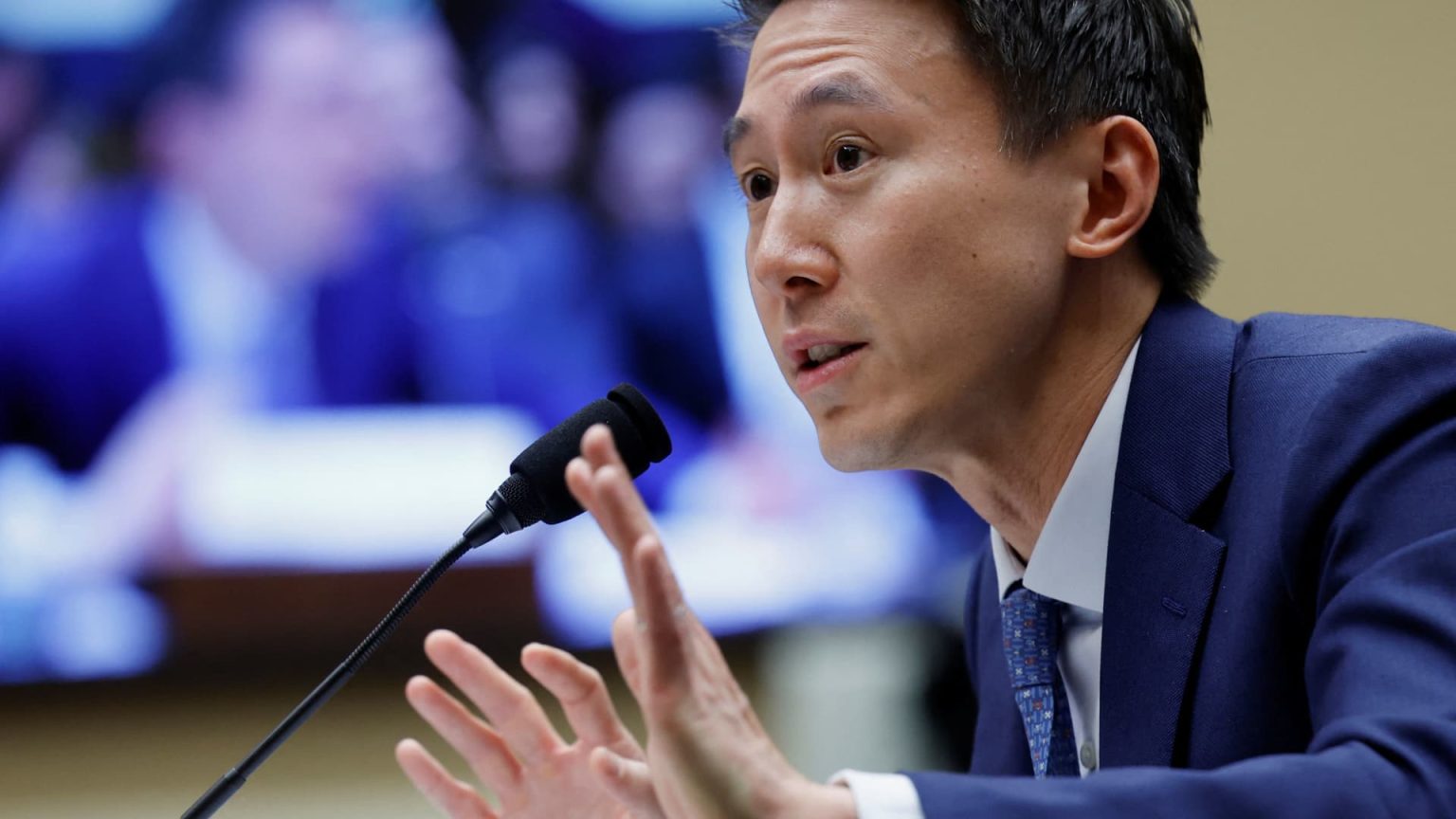The future of TikTok is at stake as the company sues the U.S. government over a law that would force the Chinese parent company, ByteDance, to sell the app or face a national ban. President Joe Biden signed legislation in April giving ByteDance nine months to find a buyer for TikTok, with a possible three-month extension if a deal is in progress. The law, known as the Protecting Americans From Foreign Adversary Controlled Applications Act, passed with bipartisan support in Congress. TikTok argues that the bill violates the First Amendment and that divestiture is not possible commercially, technologically, or legally according to the company’s legal filing.
American lawmakers have raised concerns about TikTok’s foreign ownership posing a national security risk. Former President Donald Trump attempted to ban the app through an executive order in 2020, which ultimately failed. These concerns have intensified with China’s growing global influence. Despite TikTok’s efforts to protect U.S. user data with a $2 billion initiative called “Project Texas,” lawmakers proceeded with legislation targeting the app. There is uncertainty surrounding whether TikTok’s lawsuit will be successful in overturning the law and preventing a sale of the app.
The outcome of TikTok’s lawsuit depends on how the courts interpret the situation – whether as a First Amendment issue or a national security concern. The D.C. Circuit Court could expedite the case, potentially delivering a verdict before a sale is required. TikTok and ByteDance are likely to request the court to put the law on hold with a stay or preliminary injunction, allowing time for a decision to be reached. If the court denies this request, it could indicate a strong chance of the law being upheld, according to legal experts.
The potential sale of TikTok could be complicated by ByteDance’s reluctance to divest the app and the issue of the algorithm, a crucial piece of technology that enables the app to make recommendations to users. Experts believe that China approving the transfer of the algorithm is unlikely. Former Treasury Secretary Steven Mnuchin expressed interest in buying or investing in TikTok, even without the algorithm, suggesting that the platform could be rebuilt within a year. However, a deal could be more challenging if litigation delays the process. TikTok can continue to operate for now, but the company’s future remains uncertain.
The clash between protecting free speech and ensuring national security poses a challenge for the courts. Gautam Hans, a professor of law, noted that conflicts between these priorities are rare, and the current law targeting TikTok is unprecedented. The bipartisan support for the legislation could influence court decisions, potentially leading the case to be elevated to the U.S. Supreme Court. While the situation remains complex, there is a real possibility that the case will not be easily resolved, creating uncertainty for TikTok’s future in the U.S.
TikTok’s fate hangs in the balance as the lawsuit against the U.S. government unfolds, with implications for the app, its users, and the broader social media landscape. The legal battle raises questions about the intersection of free speech, national security, and foreign ownership of tech companies. Whether TikTok will be able to navigate these challenges and secure its future in the U.S. remains to be seen, as courts grapple with the complex issues at play. The outcome of the case will have significant implications not only for TikTok but also for the broader debate surrounding the regulation of social media platforms and technology companies in the digital age.


